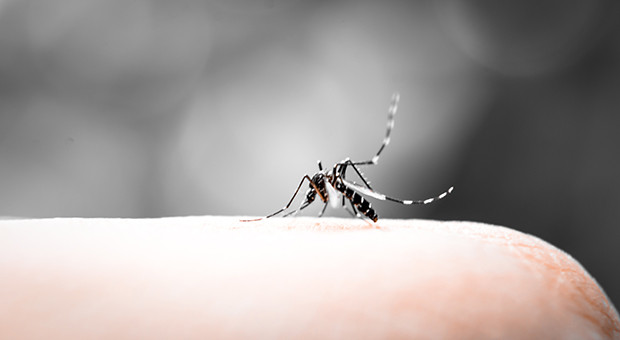In her career as a pediatrician, Dr. Erin Staples has seen only the occasional case of microcephaly, the birth defect where babies are born with small heads and underdeveloped brains.
Then, last Thursday, at a hospital in Brazil, she saw three babies with the devastating defect all in one waiting room.
“It was sobering,” said Staples.
Staples is an expert in infectious diseases and she’s in Brazil, a country hit hard by the Zika virus, to lead the first large-scale investigation into the link between Zika and microcephaly.
When the disease detectives are done with this historic research, they hope to shed light on these two crucial questions: What are the chances that a woman who contracts Zika during her pregnancy will have a baby with microcephaly? And are there factors that increase or decrease the chances that she will have a baby with the defect?
“Understanding the answers to these questions is important, as the size and scope of this outbreak will continue, since no one has immunity,” Staples said.
“This is a very important moment for us to be here.”
So far in the United States, 82 people have contracted Zika while abroad and then traveled back into the country, according to the Centers for Disease Control and Prevention. There’s not a single known case of someone contracting Zika from a mosquito in the United States.
But researchers expect that to change as the weather warms up and mosquitoes come out in full force. The species that commonly carries Zika is most often found in southern parts of the United States.
For a variety of reasons — for instance, the United States has more air conditioning and people tend to live in less crowded conditions — it’s expected that the virus will spread much more slowly in the United States than in many Latin American countries.
Even so, experts expect at least some babies could be born in the United States with microcephaly because of Zika.
That gives public health authorities a few months to figure out what can be done to protect unborn babies in the United States — and that’s where the investigation currently underway in Brazil comes in.
Over the next few weeks, the 16-member CDC team, along with Brazilian health officials, will go door to door in Paraiba, a state that has seen a large outbreak of Zika.
They’ll take blood samples from mothers and babies, including those who were born with microcephaly and those who were not, hoping to tease out what might be causing the defect.
They’ll ask the mothers a broad range of questions, such as whether they had symptoms of Zika during their pregnancies, and how much seafood they ate, since exposure to mercury might play a role in the development of microcephaly.
They hope to have results of their study by around April, CDC spokesman David Daigle said.
Aubree Gordon, an assistant professor of epidemiology at the University of Michigan School of Public Health, said a variety of factors could cause microcephaly. Genetics might play a role, for example, or perhaps the mothers of babies with microcephaly had another infection in addition to Zika during or prior to pregnancy.
“There’s a lot we don’t know about Zika, and it’s important to learn as much as we can,” she said.
